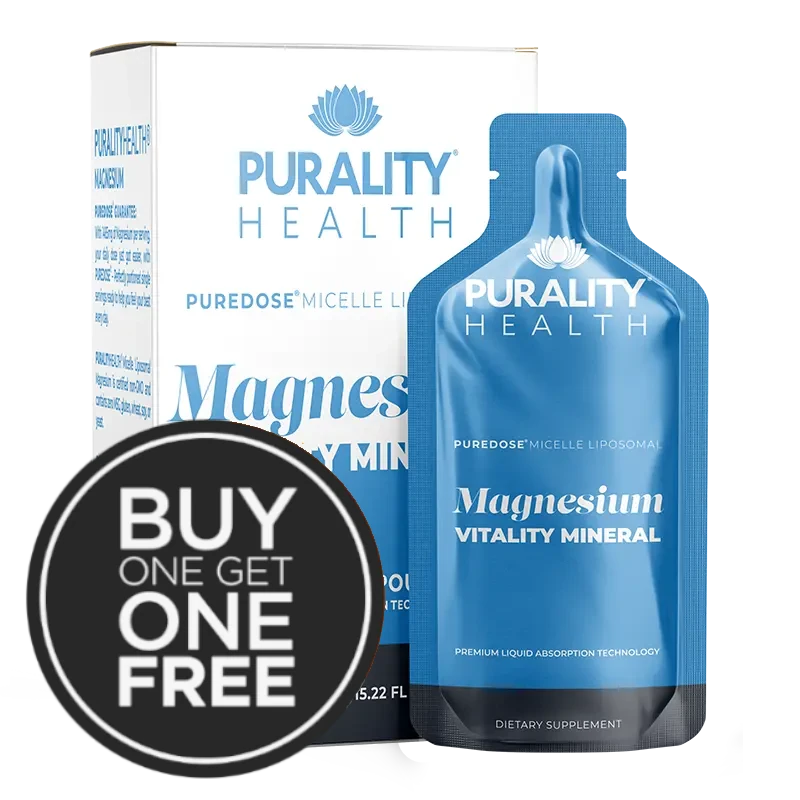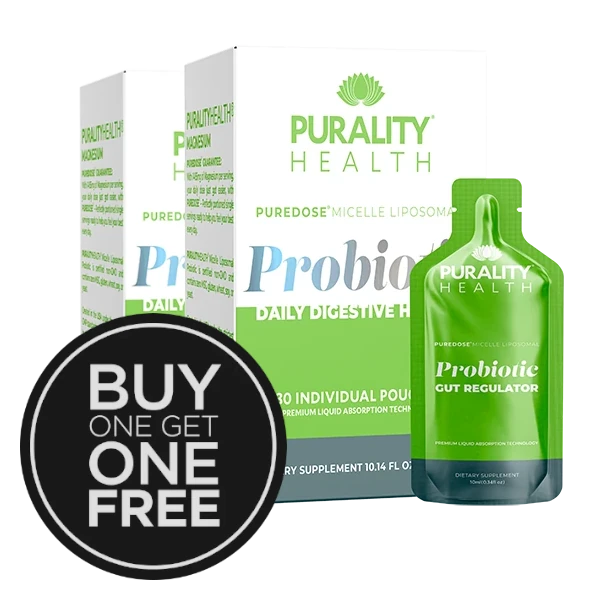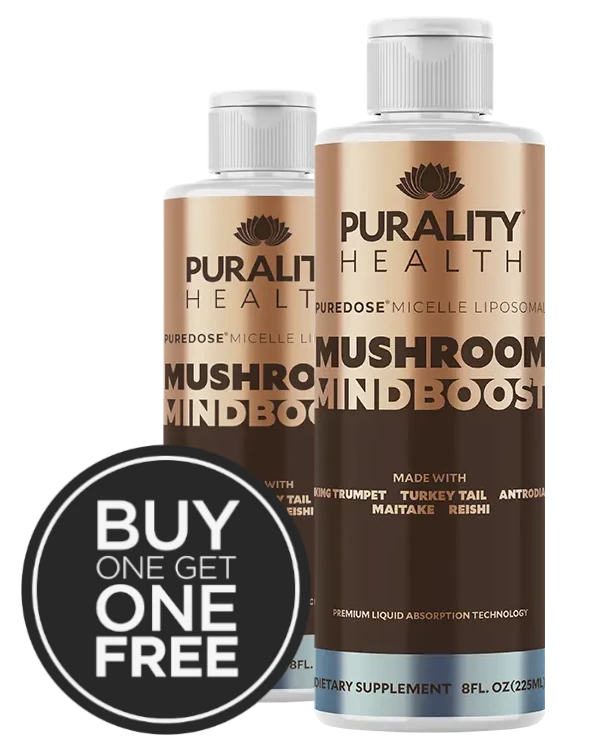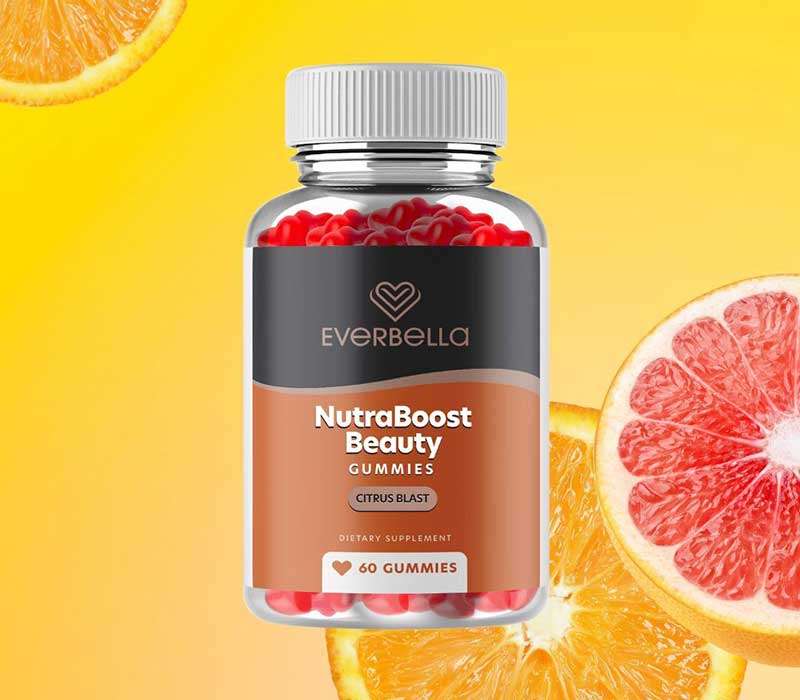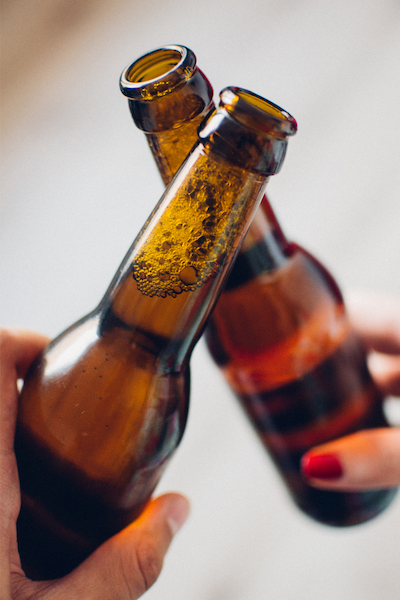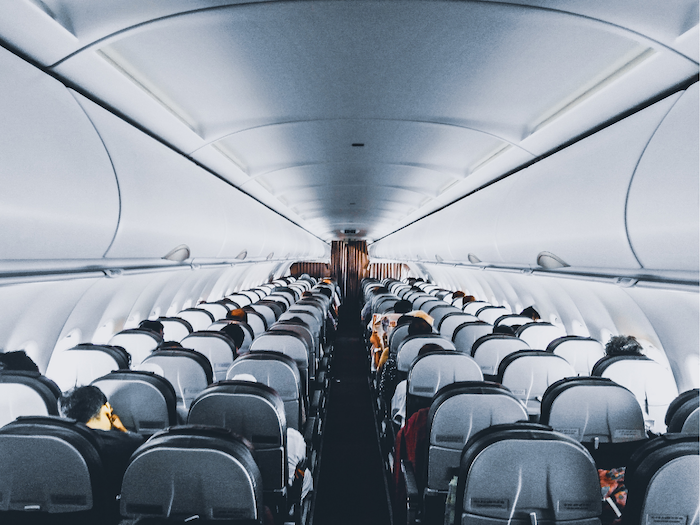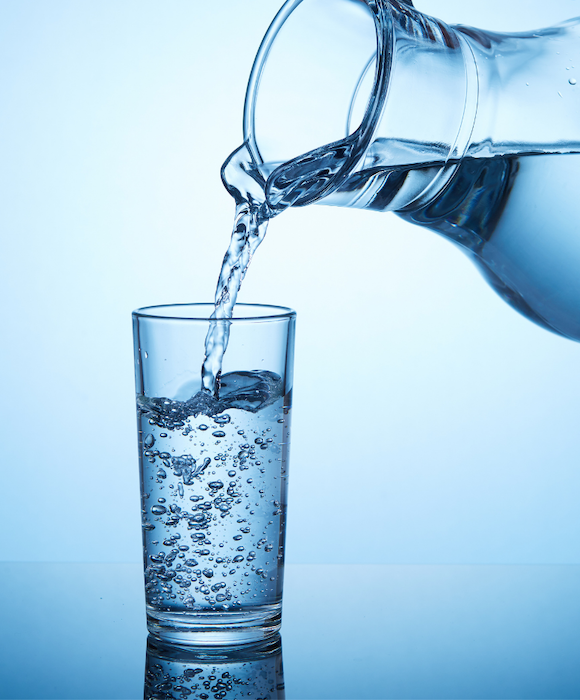8 Things You Probably Didn’t Know Dehydrate You
Health experts will go on and on about how you need to stay hydrated. This is because it’s so important!
If you wait until you feel thirsty to have a drink of water, we have bad news for you. That means you’re already mildly dehydrated. Not good. What’s best is to drink water at regular intervals in order to maintain a certain level of hydration throughout the day.
Want to learn more about why you should stay hydrated? Read our blog on the subject here!
But there are things throughout your day or routine that are working against you and dehydrating you even more. Some are more surprising than others.
In today’s blog, we go over 8 surprising things that are dehydrating your body.
1. Alcohol 
Alcohol is a diuretic. This means that it causes your body to remove fluids from your blood at a much quicker rate than other liquids.
When processed, alcohol is converted into large amounts of acetaldehyde, a substance which can become toxic in high doses. Your liver works to break this down and flush it out, resulting in more lost fluids.
Alcohol also reduces how much vasopressin – an antidiuretic hormone – that your body makes, meaning your body loses more water than usual.
When you drink alcohol, you end up losing far more fluid than you would if you weren’t drinking. For every shot or drink of alcohol that you take, your kidneys will produce around 120 milliliters of urine. This is in addition to the normal 60 to 80 milliliters that it already produces each hour.
Dehydration is the main cause of headaches the day after drinking. If you’re having some drinks, consume a glass of water for every glass of alcohol that you take in. You’ll thank yourself in the morning.
2. Medications
Certain types of medications can cause dehydration. For example, diuretics – commonly referred to as water pills – are designed to remove water and salt from the body. These are typically prescribed to those with heart or blood pressure problems. Laxatives and chemotherapy medications are other examples.
If you’re on medication, ask your doctor if it impacts hydration. If so, bottoms up!
3. Sodium (salt)
Eating too many foods that are high in salt can lead to dehydration, along with other health issues. After a salty meal or snack, it’s important to refuel on water.
While salt is integral to delivering water to your body’s cells, too much sodium can actually throw things out of whack and pull water from your cells.
You don’t need to avoid sodium like it’s your job, but be sure to not be consuming too much. Experts recommend no more than 2.4g of sodium per day.
4. Air travel
Are you heading on a trip soon? Or regularly traveling for work? Believe it or not, this contributes to how hydrated you are.
The humidity on planes can be very low, causing you to become dehydrated inside and out. On top of that, people tend to hold off on drinking anything before or while on a plane so as to not have to use the restroom. And, if they do drink, it’s often an alcoholic beverage which, as we learned above, can dehydrate you even further.
If you’re on a long flight, don’t let the stroll to the restroom stop you from keeping yourself quenched. You want to step off that plane energetic and ready to go, not fatigued and hazy.
5. Stress
Stress strikes again. When you’re under constant stress, your body is going to be less hydrated than it could be. This is because the consistent flow of stress causes your adrenal glands to pump out stress hormones. This exhausts your adrenal glands and sidetracks them from making aldosterone, a hormone which helps regulate electrolytes and fluid.
6. High altitudes
This may not be an everyday issue unless you live at high altitudes. But if you’re planning to travel to someplace where you’ll be exposed to high altitudes, this can lead to dehydration.
At a high altitude, there is less pressure. This makes it difficult for oxygen to enter our vascular systems, so we breathe deeper and faster.
Sweat also evaporates more quickly due to the low humidity, causing more fluid loss.
If you’re at a high altitude, it’s wise to drink an extra 2-4 cups of water per day.
7. Not enough fruits and vegetables
A great way to stay hydrated is to eat ample amounts of fruits and vegetables. These healthy foods are naturally hydrating, containing up to 90% water.
The most hydrating fruits and vegetables include watermelon, strawberries, blackberries, grapefruit, cantaloupe, peaches, bell peppers, cucumbers, celery, lettuce, spinach, and zucchini.
8. Vomiting and diarrhea
Regardless of the cause – whether it’s from alcohol, food poisoning, or a stomach virus – vomiting or having diarrhea can cause dehydration because you’re losing far more fluids than you’re taking in.
If you’re suffering from either of those – especially if it’s due to a sickness that causes you to sweat and lose fluids in other ways – be sure to drink much more water than usual.
How to know if you’re dehydrated
If you’re feeling thirsty, you’re dehydrated. But other common symptoms can include extreme thirst, infrequent urination, dark urine, fatigue, low blood pressure, dizziness, and confusion.
Quick tips on staying hydrated
Outside of being mindful about the things included in this list, there are a few other things that you can do to stay hydrated.
- Drink water as soon as you get up. You’re likely dehydrated from not taking in any fluids for 7-9 hours.
- Bring a reusable water bottle with you wherever you go. You’re more likely to take in water if you have it on hand.
- It can be easy to forget to drink water. Set reminders or alarms to remind you to drink water at regular intervals. You can also put notes in places you’ll see them, like your fridge.
- Take electrolytes. These are minerals which regulate hydration in your body so that when you do take in water, your body is using it properly.
Best source of electrolytes?
A reliable source of highly-absorbable electrolytes is now available. Not only that, it’s in a formula which also contains EIGHT essential nutrients.
Purality Health’s Micelle Liposomal Active B Complex contains NINE minerals, FOUR of which are key electrolytes.
Put it all together, and that’s SEVENTEEN important nutrients in a formula designed to be absorbed and used by your body.
See the difference these nutrients can make for you by clicking here.









